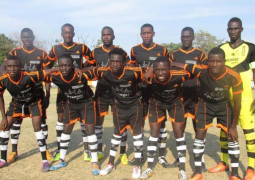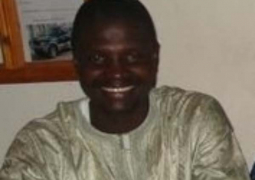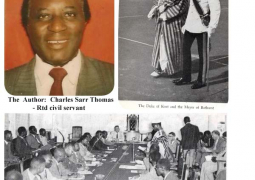The Gambia Lowland Development Project, which was launched recently, looks very promising indeed. The government and the Islamic Bank, who collaborated to make the project a reality, must be roundly commended for their vision in engineering it.
The benefits for the communities concerned will be far reaching and hopefully will last long into the future.
The dual aims of the project are to reduce poverty and increase food security. At this time in The Gambia any project could not have two more important goals.
It's hoped these aims can be achieved through enhancing the productivity in rice and other cereals, vegetables and fruits in the Western Region. Water management and the improvement of lowland areas in the region will be achieved through the development of an irrigation system in the upland area of the Western Region.
The project has been built around nine components namely rural infrastructure, lowland development and borehole drilling and irrigated land development. The project will be based at Yundum and will be implemented in all nine districts of the Western Region.
The permanent secretary at the Department of State of Agriculture, Mr. Bakary Trawally, has said that the potential area for rice cultivation in the Western Region is 22,400 hectares and that out of this a total of 2,500 hectares is being cultivated.
He stated that the project aims to cultivate a total of 1,400 hectares out of the remaining 19,900 hectares in the five year period the project will run.
This will of enormous benefit to the people of the region and will have far reaching implications for the nation as a whole.
In the five year period that project will run the permanent secretary said it is hoped that 27,000 farm households, with a total population of 393,000 people will benefit.
He further stated that it is hoped that milled rice production will be increased by 7,000 tonnes a year which is equivalent to foreign exchange savings of USD$ 2 million.
He finally said that projections show that the incomes of farmers, who are mainly women (95%), will increase from D5,500 per ha/year to D22,000 per ha/year.
We pray that this project will be both successful and sustainable and urge all those in a position to do so to engage with this kind of project wherever possible in the future.
"If there is no struggle, there is no progress."
Frederick Douglass.
Read Other Articles In Article (Archive)
APRC names candidate for Wuli East bye-election
Apr 15, 2011, 12:41 PM




